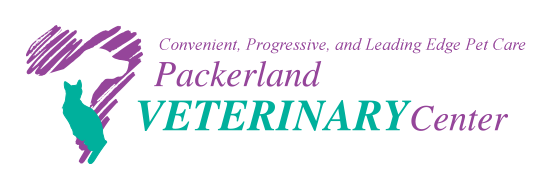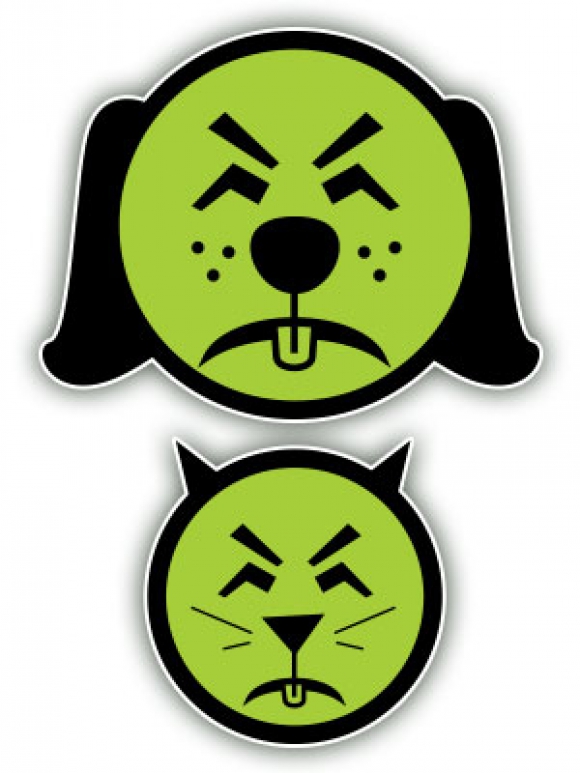


ASK US
Spring Toxins and Your Pet
 In honor of National Poison Prevention Week (March 19-25) and the incoming Spring Season, we thought we'd refresh your memories on common toxins your pet could encounter in the next few months.
In honor of National Poison Prevention Week (March 19-25) and the incoming Spring Season, we thought we'd refresh your memories on common toxins your pet could encounter in the next few months. True Lilies - True lilies are a big danger to cats and include Easter, Tiger, Japanese show, Stargazer, Rubrum, and Day lily. All parts of the plant (leaves, petals, stamens, pistols, pollen, and the water in a vase) are toxic to cats and cause severe kidney injury. Symptoms include vomiting, decreased/no appetite, and depression. If treated early and aggressively (48 hours of hospitalization and fluid therapy), the prognosis is good for recovery.
Spring Flowers - Daffodil, tulip, hyacinth bulb ingestion can cause gastrointestinal disease, heart toxicity, or nervous system disease. Symptoms can include vomiting, drooling, diarrhea, tremors, seizures, abnormal heart rhythms or fast heart rate. Treatment involves fluid therapy and possibly anti-seizure or heart medications until the symptoms resolve.
Household cleaners - This is a popular time for house cleaning and poses the highest risk for pet exposure to cleaners and chemicals. Most surface cleaners are ok for your pet to walk across and will only cause mild stomach upset if ingested from the bottle. Concentrated cleaners (bleach, toilet bowl or oven cleaners) are corrosive and cause severe esophageal and stomach damage. Close doors or toilet lids after applying a cleaner. Never induce vomiting in an animal that ingested a cleaner- instead flush out the mouth with water for 10-15 minutes prior to taking your pet to a veterinarian.
Asthma inhalers - Spring is the common time for allergies and asthma attacks, so inhalers may be more accessible for your pets. Generally, pets will chew the inhaler and a puncture can release a very high dose. Beta-agonist inhalers (ie albuterol) can cause a severe, life-threatening toxicosis. Symptoms include racing heart, red gums, heart rhythm changes, vomiting, agitation, weakness, collapse, and death. Treatment includes intensive hospitalization and monitoring (ie 24 hour care) until symptoms resolve.
Decongestants - Medications that contain pseudoephedrine or phenylephrine affect the heart and nervous system. Symptoms can include high or low heart rate, agitation, tremors, seizures, vomiting or high temperature. Treatment involves fluid therapy, muscle relaxants, anti-seizure medication, and hospitalization with monitoring.
If your pet gets into any questionable substance, early intervention is key to a good prognosis. The ASPCA Poison Control Center (888-426-4435) is always available for advice if we are closed.



